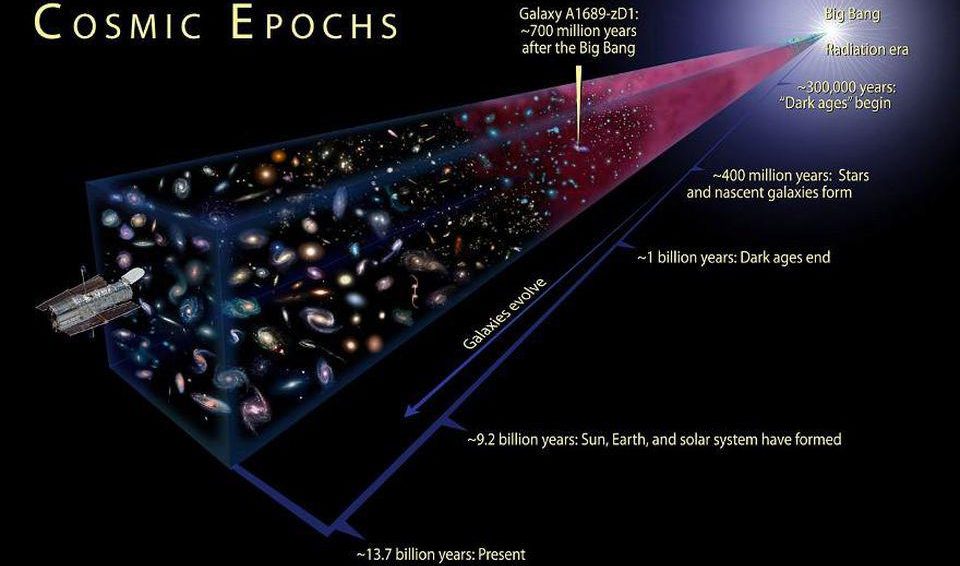A Jewish red-diaper baby.
Question: Who are you?
Michael Walzer: I was born in the Bronx in 1935, and I spent my first nine years there and then my parents moved to Johnstown, Pennsylvania, which is the small steel town east of Pittsburgh, a little Pittsburgh. They moved there in ‘44, which was just when the steelworkers had succeeded in organizing. Johnstown was a union town and a democratic stronghold. I grew up there, left Johnstown when I was 17 to go to Brandeis University in Waltham, Massachusetts. After Brandeis--do you want me to continue? I had a Fulbright scholarship that took me to Cambridge, England, for a year in ‘56-’57, and then I went to Harvard as a graduate student in the Government Department and taught for one year at Harvard after I got my PhD, and then for four years at Princeton and then came back to Harvard in 1966, and I taught there in the Government Department until 1980. And then I moved to the Institute for Advanced Study where I have been ever since. Well, I grew up in a lefty household. My parents were readers of a newspaper called PM which was a kind of popular front daily in New York. I.F. Stone and Max Lerner wrote for PM. We subscribed to I.F. Stone’s Weekly even after we moved to Johnstown, so my parents were an important influence. And then at Brandeis I met Irving Howe and Lewis Coser who are just setting up Dissent Magazine who were ex-Trotskyists who were moving to some kind of social democratic political position and they were my political mentors. I grew up with politics. Politics was the daily conversation. I grew up during World War II which was also a very important factor. And then I came of age politically, I suppose, just at the time when America was opening up politically--the civil rights movement, the anti-war movement--these were my training grounds for political life. And Brandeis was a place where the 60s began in the 50s. I was there from '52 to '56, and it was already a hotbed of the kind of politics that the rest of the country experienced after 1960. Well, the Montgomery Bus Boycott--I think that was 1954--and at Brandeis, which was very far away and where there were practically no black students, but there are a lot of Jewish red diaper babies and Jewish lefties of different sorts--that was for us a very crucial event, and we organized just rallies and in support of the Montgomery Bus Boycott. So that was an important feature, and then there was Rosenberg, which was very important at a Jewish, especially important that the Jewish university. And we divided; some of us thought that they were probably guilty and we were maybe the children of socialists rather than of communists and others thought…Brandeis was a place were the debates between Stalin and Trotsky went on long after they had ceased in the rest of the world. So I read the first issues of Dissent Magazine. I went canvassing for Adalai Stevenson. So it was an open politics; we weren’t left sectarians at all. Canvassing for Adalai Stevenson as a Jewish kid in Waltham, Massachusetts, we probably did him more harm than good, but we were very earnest and committed to political action. And it was in the course of my political activities--of traveling south in 1960 and organizing Vietnam summer in 1967--it was in the course of those activities that I began to realize that I was using a political language that I didn’t understand very well, and that deserved some reflection and articulation, more theoretical articulation, and that’s when I began to think about myself as possibly a political theorist.





